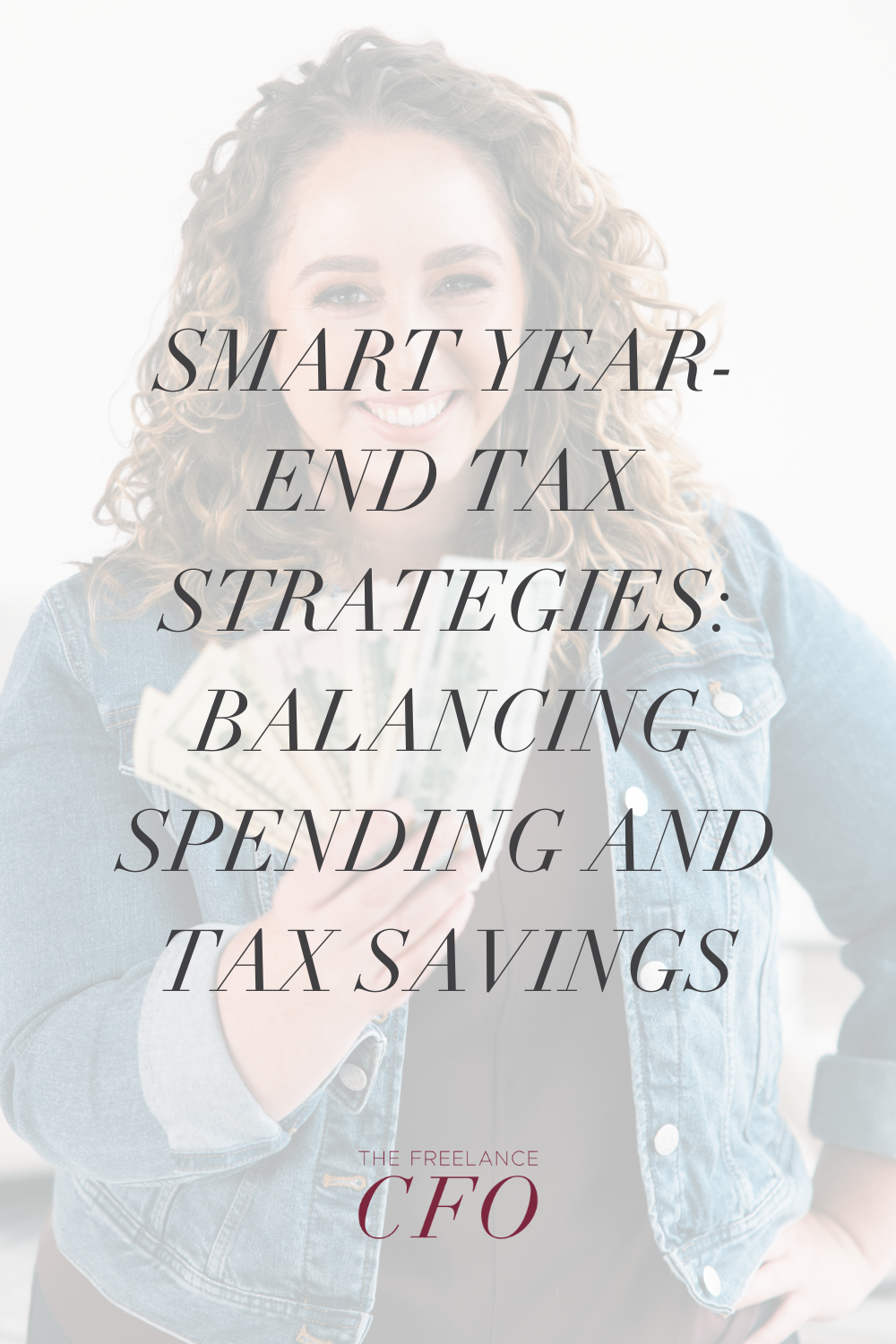Smart Year-End Tax Strategies: Balancing Spending and Tax Savings
As we approach the end of the year, many of our clients start to ponder a critical question: "Do I need to spend more to save on taxes?" It's an important consideration, and the answer varies based on individual circumstances. Let's explore the intricacies of strategic spending and charitable contributions for optimizing your tax position.
Demystifying the Spending-to-Save Concept
A common misconception is that more spending equals more tax savings. Consider this: if you're in the 22% tax bracket and incur a $1,000 business expense, the actual tax saving is not $1,000 but approximately $220 (22% of $1,000). This reduction is in your taxable income, not a direct cut in your tax bill. Strategic spending can be beneficial, but it's crucial to understand its real impact on your taxes.
Investing in Your Future: Retirement Contributions
Investing in a retirement plan is not just a savvy financial move; it also offers tax benefits. Contributions to such plans can be a key part of a holistic tax strategy, contributing to your long-term financial well-being. If you find yourself with extra money to spend at the end of the year, but no key equipment that you need to purchase, it could be worth investing some of that money in retirement accounts, and reaping the same percentage based tax benefit as above, but instead of spending $1,000 on something you don’t need, you’re spending it on your future self instead. Note - just like the expenses above, it does not equal a 1:1 reduction in your tax bill, so please don’t take all of your tax savings and lump it to retirement without checking in with a tax pro (hey, that’s us) first!
The Role of Timing in Major Purchases
Strategically timing significant expenses can have a substantial impact. If this year's profits were lower due to factors like parental leave, and you anticipate higher earnings next year, postponing big purchases to the next tax year might be more advantageous. This approach can maximize your tax benefits when you're likely to be in a higher tax bracket. On the flip side, if this year saw higher profits, consider making necessary large purchases now to leverage the tax benefits in the current year.
Customizing Your Tax Strategy
Each business's financial situation is distinct, requiring a tailored approach to tax strategy. From understanding the nuances of business spending to optimizing the timing of major purchases, it's important to consider all aspects of your financial picture.
For insights specific to your business and to ensure you make the most informed decisions for your end-of-year finances, reach out to our expert team at The Freelance CFO. We're dedicated to guiding you through the complexities of tax planning, ensuring your strategies align with both your immediate and long-term business objectives, and most importantly, making sure they support your unique goals.
Disclaimer: The information provided in this blog is for educational purposes only and does not constitute financial or tax advice. Reach out to The Freelance CFO team with any questions regarding specific financial concerns, or seek the services of a fiduciary.



